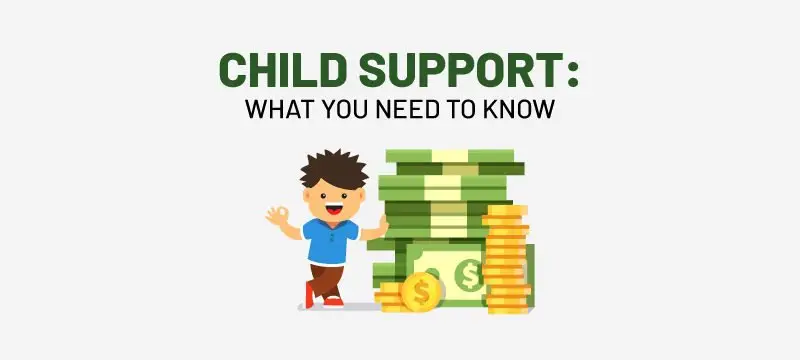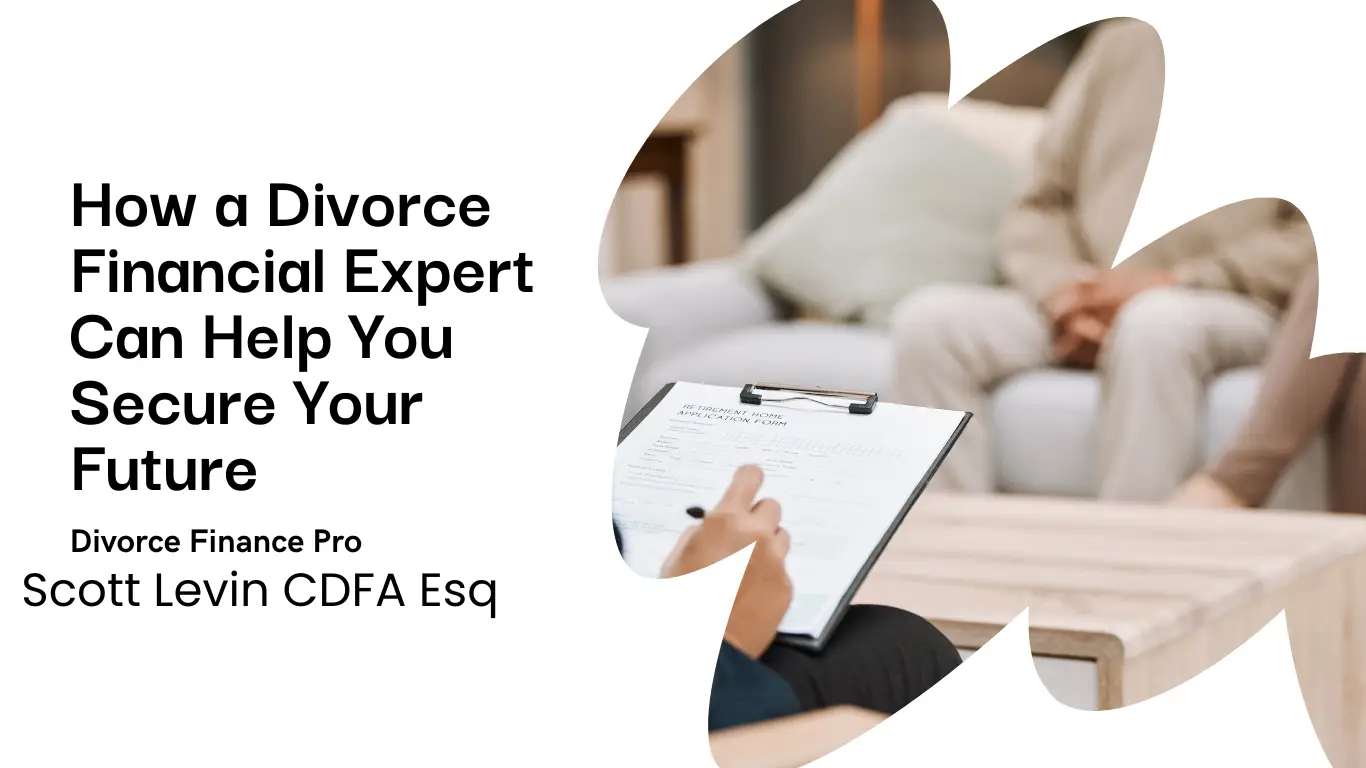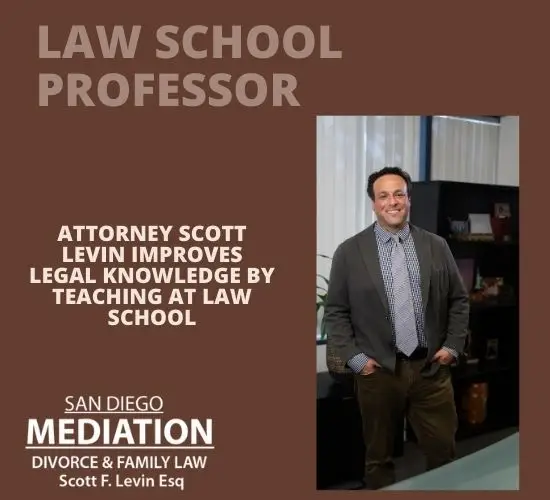Though many divorcing couples may be familiar with the process of mediation, it is still a relatively new way of doing things and there are quite a few misconceptions about it. Many couples will automatically choose litigation over mediation when going through divorce simply because they don’t know enough about it – even though that may not be the best decision for both parties. Here are a few common myths (and their factual counterparts) about divorce mediation.
Myth: Mediation only works if the couple already agrees on most of their issues.
Fact: Mediation works very well when conflict is high (barring any physical abuse). When a couple is at odds on every single issue, going to court sometimes makes matters worse and can lead to more hostile attitudes. Once the couple is helped to resolve of their own accord – with the help of a mediator and without the heavy hand of a judge or arbitrator – the agreement will feel fair to both parties and the healing process can begin.
Myth: Mediation allows one spouse to dominate another.
Fact: Mediation is all about balance. A good mediator pays close attention to the power balance between spouses and uses specific techniques to address any imbalance they may observe. If one spouse persists in dominating behavior, the mediator will call a stop to the mediation immediately rather than allowing it to continue. However, unfortunately even the best mediator will be unaware of a power disparity if it only occurs outside of the mediation sessions. Mediators will only be aware of what they see during sessions unless one of the spouses addresses the issue directly.
Myth: Mediation doesn’t work for couples that are not on good terms.
Fact: Parties to a mediation do not have to be friends or anything close to it outside of the mediation sessions. Parties simply have to treat each other with respect and desire to resolve their issues, be it divorce, custody, support, or something else, through a process that will save them money, time, and a lot of grief. It is difficult for mediation to succeed when the parties refuse to be civil, that is true. But it is common for anger, disappointment, sorrow, and other feelings to be present during mediation sessions and throughout the process. But so long as both parties can treat each other with respect and are willing to negotiate a settlement of their issues, mediation can work even if they cannot stand looking at each other outside of the sessions. As an aside, a wonderful benefit of the mediation process is that when parties begin the process having negative feelings for each other, by the end they very often have improved their relationship tremendously. For those with minor children, this is hugely important as the parents will remain in each other’s lives for years and mediation often teaches the communication skills these parents will need to raise their children separately but together.
Myth: Women are at a disadvantage in mediation.
Fact: Women are no more at a disadvantage in mediation than in divorce court. Women often obtain a more satisfactory result in mediation because the mediation process allows spouses to negotiate agreements that consider non-legal factors in a more relaxed setting. Additionally, mediation focuses mainly on the couple talking things out calmly; both sides have an equal amount of time to speak and discuss any matters that are important to them. A woman is also free to stop the mediation at any time or refuse to sign an agreement that seems unfair to her.
Myth: Mediation is more of a hassle than hiring a lawyer to handle the divorce.
Fact: Whether divorcing spouses mediate or hire a lawyer to handle the divorce, they have to do a certain amount of information-gather and decision-making. Mediation offers a more streamlined approach to both of these undertakings; in fact, it almost always takes less time than going to court and attending hearings, etc. The court process can be expensive, lengthy, and cumbersome, especially if appeals or other stalling tactics are used.
Myth: There is no place for lawyers in mediation.
Fact: Lawyers who understand and support mediation can help to mediate spouses in several ways: by informing them of their legal rights and options, coaching them through the negotiations, coming up with creative settlement ideas, and preparing the necessary divorce paperwork once an agreement is signed. Most consulting lawyers charge a reasonable hourly fee and don’t require a large retainer. A spouse pays for only as much consulting time as they need.
Myth: The mediator decides what’s fair, not the couple.
Fact: Unlike a judge or an arbitrator, a mediator has no power to make decisions for the divorcing spouses. The mediator’s job is simply to assist the couple in negotiating an agreement that is completely fair to both parties.
Myth: If a divorce involves complex issues, the couple can’t use a mediator.
Fact: There will always be complex issues (legal, financial, and emotional) when it comes to divorce. Anything that can be decided by a judge in court can be worked out in mediation – at a fraction of the cost and time, and with less emotional wear-and-tear on the family. Oftentimes, even the most complex issues can be dealt with more effectively than litigation; in mediation, most couples can often agree on strategies that allow both parties to come out ahead financially by keeping more money in the family’s pockets rather than handing it to the government.
Myth: Mediation is always the best option for every divorcing couple.
Fact: Mediation works for most divorcing couples, though it isn’t necessarily for everyone. As long as both spouses can speak up for what’s important to them and can behave appropriately in mediation, the process will work for them. On the other hand, however, mediation may not offer enough protection and structure for some couples. For example, a couple with domestic violence or substance abuse issues may need to have lawyers speak for them instead of trying to negotiate directly. Additionally, some spouses may prefer to assume the risks and cost of adversarial litigation to make a point or assert a legal right rather than compromise in a settlement.
If you reside in Southern California and are interested in learning more about the divorce and family law mediation services that are available to you, please call Scott Levin and my team at San Diego Divorce Mediation & Family Law. Our number is 858-255-1321
